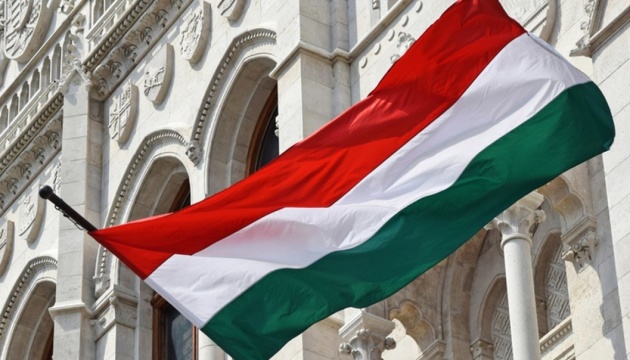Budapest has signaled to the EU that it is ready to lift its opposition to funding Ukraine ― as negotiations continue on sweeteners that would make it easier for Hungarian Prime Minister Viktor Orbán to climb down.
This was reported by Politico.
According to several European diplomats and officials, Orbán is edging closer to accepting a compromise to use money from the bloc’s budget, even though a deal is likely to fall short of demands he made in the aftermath of last month’s failed summit.
Orbán blocked a €50 billion four-year funding package to the war-torn country in December ― a move he was able to make because it needed unanimous support from the EU’s 27 governments ― prompting Europe’s leaders to consider breaking with the bloc’s hallowed principle of unity and finding a way to circumvent him.
But since then, both sides have pulled back from the brink and are now involved in a delicate dance over how to get the decision over the line when Orbán and other leaders meet in Brussels on February 1.
While there has been some willingness in Brussels to offer Orbán some concessions to achieve a deal, most national capitals have dismissed Hungary’s attempt to split the funding to Ukraine into yearly tranches that would need unanimous approval annually. In practical terms, this would give Orbán the power to block EU funding to Ukraine every year ― or squeeze concessions from Brussels for lifting his veto.
“It is very unlikely that member states will accept a solution that gives Hungary the chance of regular blackmailing,” a second EU diplomat said.
Another idea that has been doing the rounds to sweeten the pill for Orbán would involve a mid-term review on the funding, in 2025. But this option, which was floated by Hungary months ago, is also considered unacceptable among Kyiv’s strongest backers.
They pointed out that this runs counter to the logic of the EU’s seven-year budget which is meant to offer stability and predictability.
An EU official indicated that a potential compromise might involve the EU executive reimbursing Hungary for its interest rate repayments on post-pandemic cash.
The Commission is also considering the introduction of an “emergency brake” that would allow any country objecting to Ukraine funding to delay payments and push back discussions at a summit of EU leaders. But this option would not allow a single member state to veto the payments.
Photo: Open sources






























